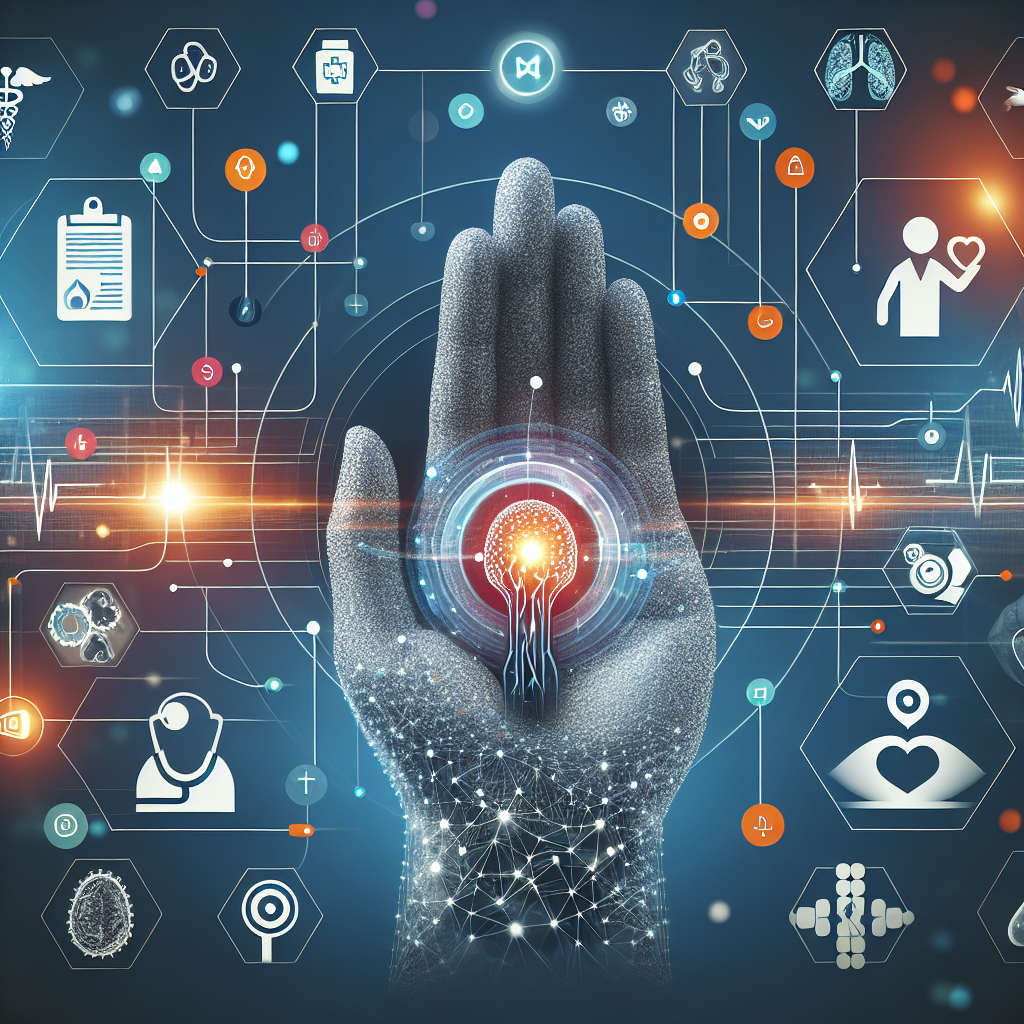The healthcare landscape is experiencing a significant transformation, largely driven by technological advancements. Among these innovations, Artificial Intelligence (AI) diagnostic tools are emerging as crucial elements in enhancing patient care. By leveraging the power of AI, healthcare providers are increasing diagnostic accuracy, optimizing workflow, and paving the way for personalized treatment plans.
The Emergence of AI in Healthcare
AI technologies have permeated various aspects of our lives, and healthcare is no exception. From virtual assistants handling appointments to sophisticated algorithms that predict disease outcomes, AI is redefining healthcare delivery. AI diagnostic tools evaluate extensive patient data, medical research, and clinical guidelines to offer insights that can affirm or contest physicians’ diagnoses.
Improved Diagnostic Accuracy
One of the most significant benefits of AI diagnostic tools is their ability to process data with remarkable speed and precision. Traditional diagnostic techniques are often hindered by human error and differences in clinician expertise. In contrast, AI algorithms can analyze millions of patient records, lab results, and imaging studies to detect patterns that might elude even the most experienced professionals.
For instance, research has demonstrated that AI can surpass human radiologists in interpreting medical images. In a groundbreaking study, AI tools achieved a diagnostic accuracy rate exceeding 90% for certain cancer types. This level of accuracy not only saves lives through earlier detection but also alleviates pressure on overwhelmed healthcare systems.
Enhancing Workflow and Reducing Costs
Alongside improving diagnostic accuracy, AI tools can optimize overall workflow within healthcare environments. By automating routine tasks—like data entry, patient triage, and medical record management—AI enables healthcare professionals to concentrate on more intricate patient interactions. This boost in productivity allows providers to invest more time in patient care.
Furthermore, adopting AI diagnostic tools can generate considerable cost savings for healthcare organizations. Fewer diagnostic errors result in reduced unnecessary tests and treatments, which can lead to lower healthcare expenses. A study by a reputable healthcare organization indicated that the implementation of AI technologies could cut operational costs by up to 30%, representing a mutually beneficial scenario for both providers and patients.
Tailored Treatment Plans
AI diagnostics are also contributing to the development of personalized patient care. By analyzing genetic data, environmental influences, and lifestyle choices, AI helps healthcare providers create tailored treatment plans that cater to individual patient needs.
For example, AI-driven tools can examine a patient’s genetic profile to predict their response to specific medications. This personalized approach not only enhances treatment effectiveness but also reduces the trial-and-error aspect of prescribing, ultimately improving patient satisfaction and outcomes.
Challenges and Ethical Considerations
While the advantages of AI diagnostic tools are numerous, it is essential to confront the challenges and ethical dilemmas associated with their integration into healthcare. Issues related to data privacy and biases present in AI algorithms must be addressed. Ensuring that AI tools are developed and utilized transparently is vital for preserving trust among patients and healthcare providers.
Additionally, ongoing education and training for healthcare professionals are necessary to effectively incorporate AI into their practice. Recognizing the limitations of these technologies is as crucial as understanding their benefits.
Looking Forward
The future of healthcare will undoubtedly be linked to AI. As technology continues to evolve, the potential for AI diagnostic tools to enhance patient care will further expand. Innovations such as machine learning, natural language processing, and predictive analytics are set to transform the landscape even more, leading to improved healthcare delivery.
In conclusion, AI diagnostic tools are revolutionizing healthcare by elevating diagnostic accuracy, streamlining workflows, and enabling personalized treatment plans. However, it is essential for stakeholders to address ethical concerns and implement comprehensive training programs to maximize benefits while minimizing risks. As we advance, the partnership between AI technology and healthcare professionals will be key to achieving more effective and compassionate patient care.

